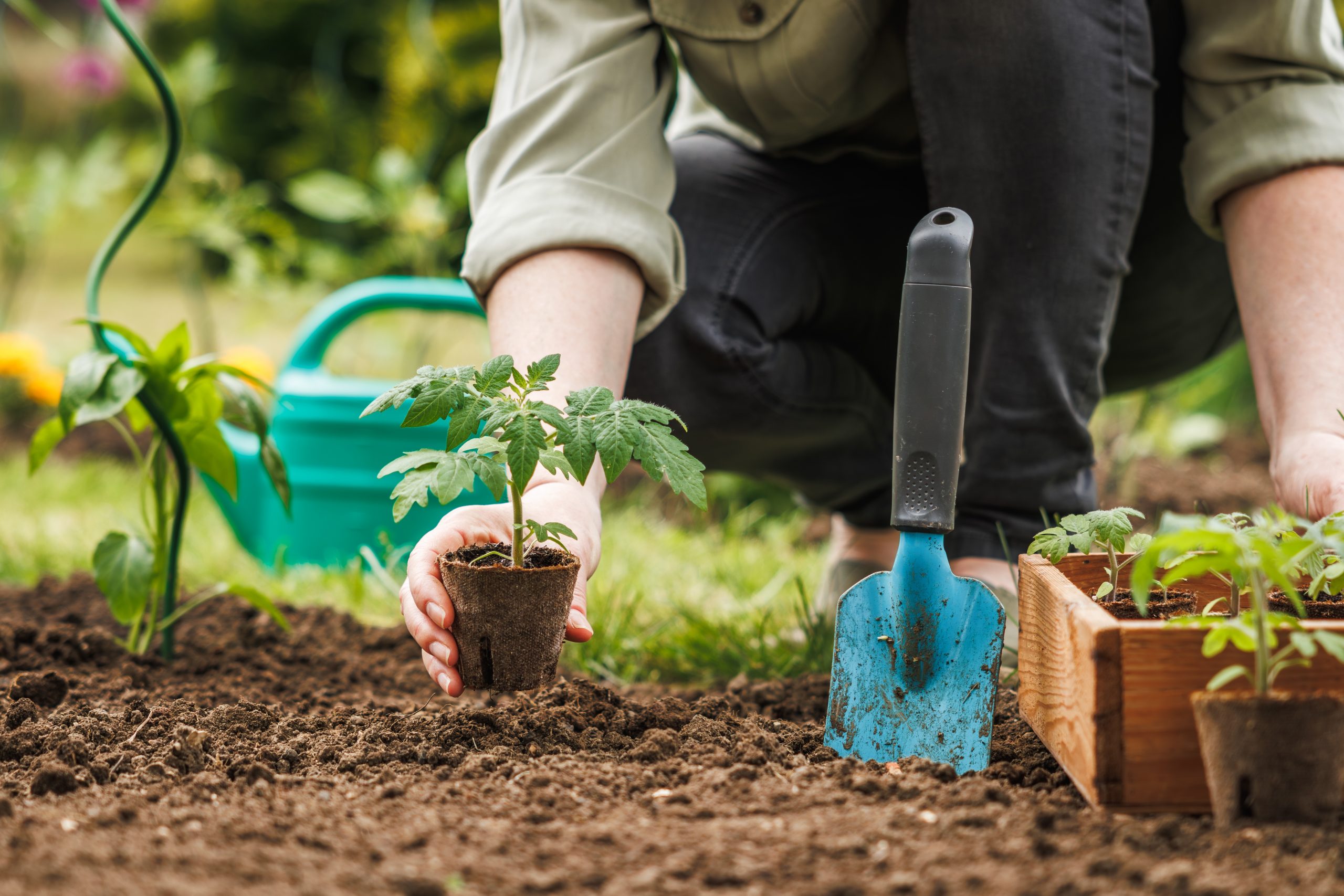Gardening is a rewarding activity that offers numerous benefits for both mental and physical health. For seniors, it provides an excellent way to stay active, engage with nature, and improve overall well-being. Here’s how gardening can enhance your health, along with some tips and insights to make the most of this enjoyable hobby.
Physical Health Benefits
1. Improved Fitness: Gardening is a form of physical exercise that can help seniors stay fit and active. Tasks such as digging, planting, weeding, and watering involve various muscle groups and can increase strength, flexibility, and endurance.
Tips:
- Warm-Up: Treat gardening like any other exercise. Start with a gentle warm-up to prepare your muscles.
- Pace Yourself: Take breaks and avoid overexertion. Listen to your body and rest when needed.
- Ergonomic Tools: Use tools designed to reduce strain, such as long-handled tools or kneeling pads.
2. Enhanced Mobility and Flexibility: Regular gardening activities can improve mobility and flexibility, reducing the risk of falls and injuries. Reaching, bending, and stretching while gardening keeps joints and muscles active.
Tips:
- Raised Beds: Consider using raised garden beds to reduce the need for bending and reaching.
- Adaptive Gardening: Use adaptive gardening techniques and tools if you have limited mobility or arthritis.
3. Cardiovascular Health: Gardening can also provide cardiovascular benefits. Activities like raking, hoeing, and digging can raise your heart rate and improve cardiovascular health.
Tips:
- Consistent Activity: Aim for consistent gardening sessions, even if they are short, to maintain cardiovascular health.
- Hydrate: Keep hydrated, especially during warmer weather or strenuous activities.
Mental Health Benefits
1. Stress Reduction: Gardening has a calming effect and can significantly reduce stress levels. The act of nurturing plants and spending time outdoors can lower cortisol levels and promote relaxation.
Tips:
- Mindful Gardening: Practice mindfulness while gardening. Focus on the sights, sounds, and smells around you to enhance the calming effects.
- Create a Serene Space: Design your garden to be a tranquil space with comfortable seating and calming features like water fountains.
2. Improved Mood: Engaging in gardening can boost your mood and alleviate symptoms of depression and anxiety. The combination of physical activity, exposure to sunlight, and the satisfaction of growing plants contributes to a positive mental state.
Tips:
- Set Achievable Goals: Start with small, manageable gardening projects to build confidence and a sense of accomplishment.
- Variety: Incorporate a variety of plants, flowers, and herbs to keep your gardening experience interesting and rewarding.
3. Cognitive Function: Gardening stimulates the brain and can improve cognitive functions such as memory, attention, and problem-solving skills. Planning your garden, learning about different plants, and keeping track of gardening tasks keep the mind engaged.
Tips:
- Keep a Garden Journal: Document your gardening activities, plant growth, and changes in your garden. This can enhance memory and provide a sense of continuity.
- Learn Continuously: Stay curious and continue learning about new gardening techniques, plants, and sustainable practices.
Social and Emotional Benefits
1. Social Interaction: Gardening can provide opportunities for social interaction, which is important for mental well-being. Joining a community garden, gardening club, or sharing gardening experiences with friends and family can foster a sense of community and reduce feelings of isolation.
Tips:
- Community Gardens: Participate in local community gardens to meet like-minded individuals and share knowledge and experiences.
- Garden Parties: Host small garden parties or gatherings to enjoy the fruits of your labor with loved ones.
2. Sense of Purpose: Gardening gives a sense of purpose and responsibility. Caring for plants, seeing them grow, and harvesting produce provide a sense of accomplishment and pride.
Tips:
- Regular Routines: Establish regular gardening routines to create a sense of structure and purpose.
- Share Your Harvest: Share the produce or flowers you grow with neighbors or community members to spread joy and strengthen social bonds.
